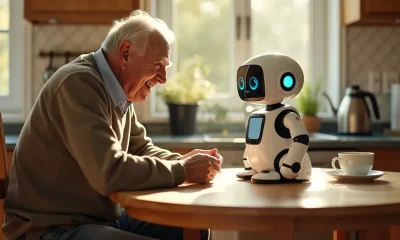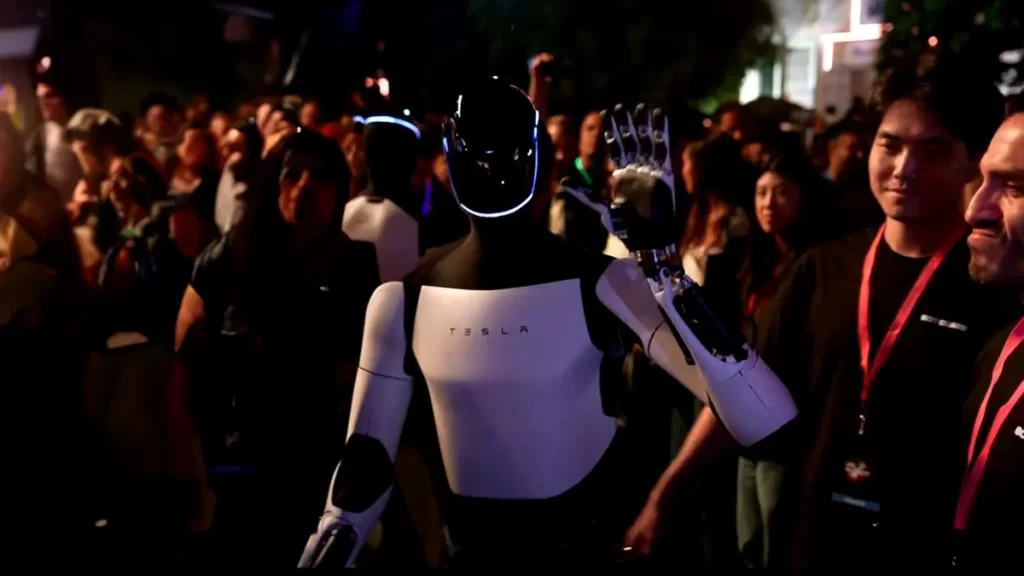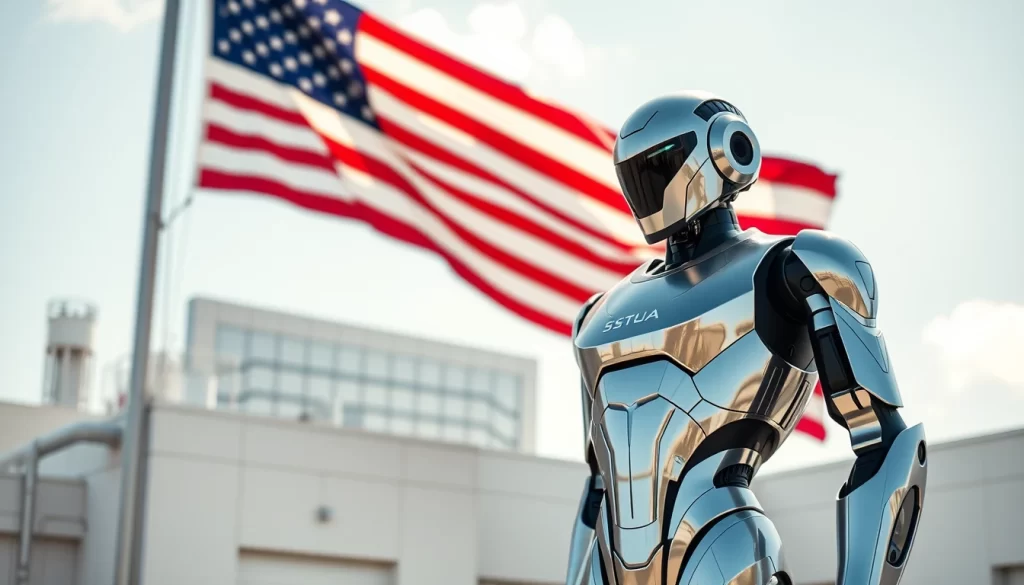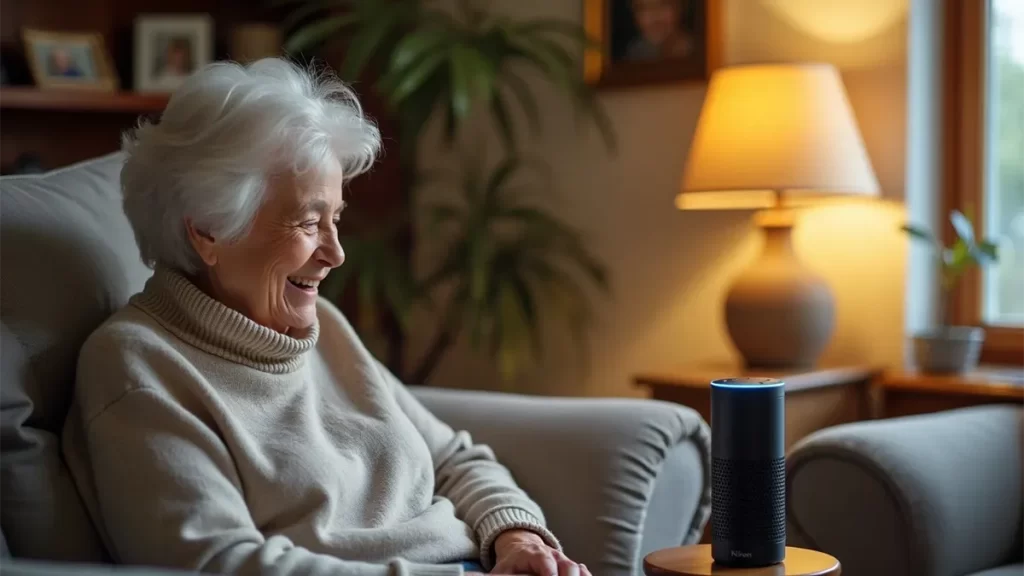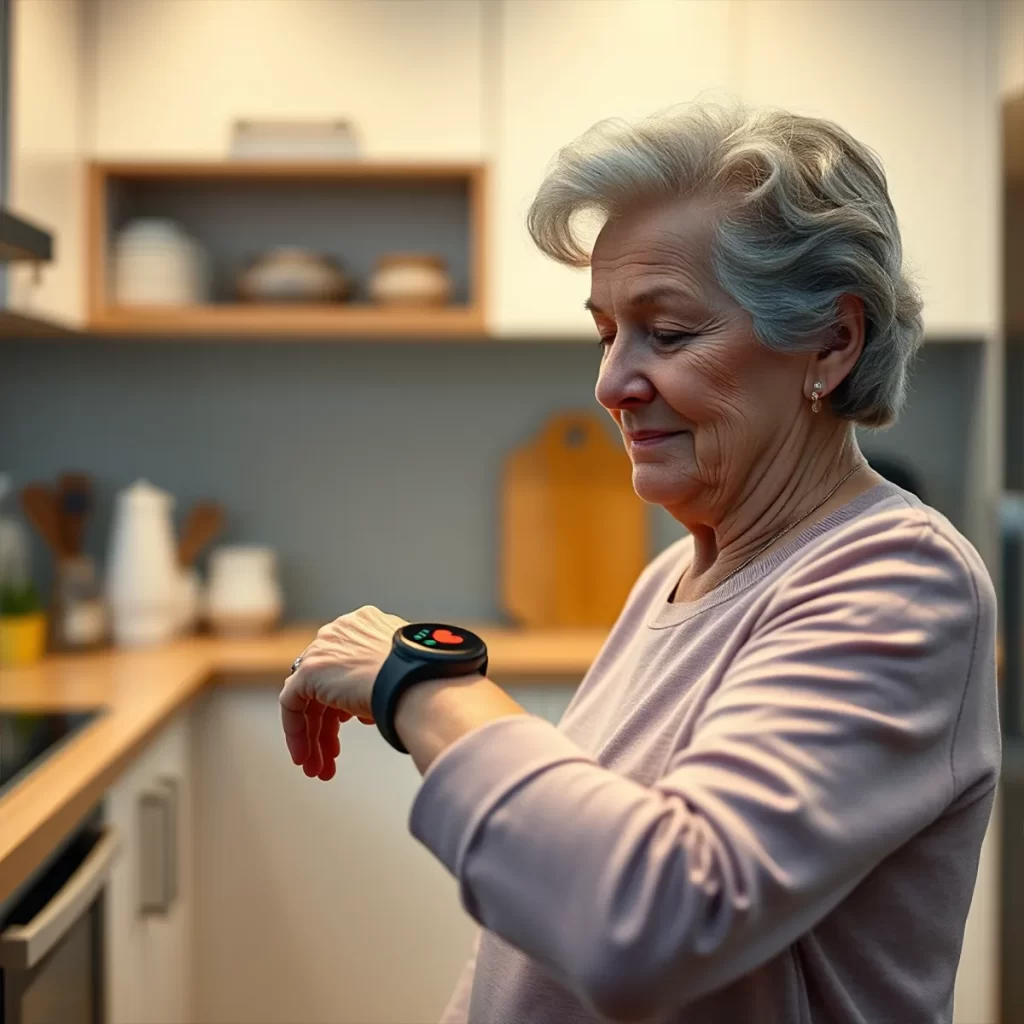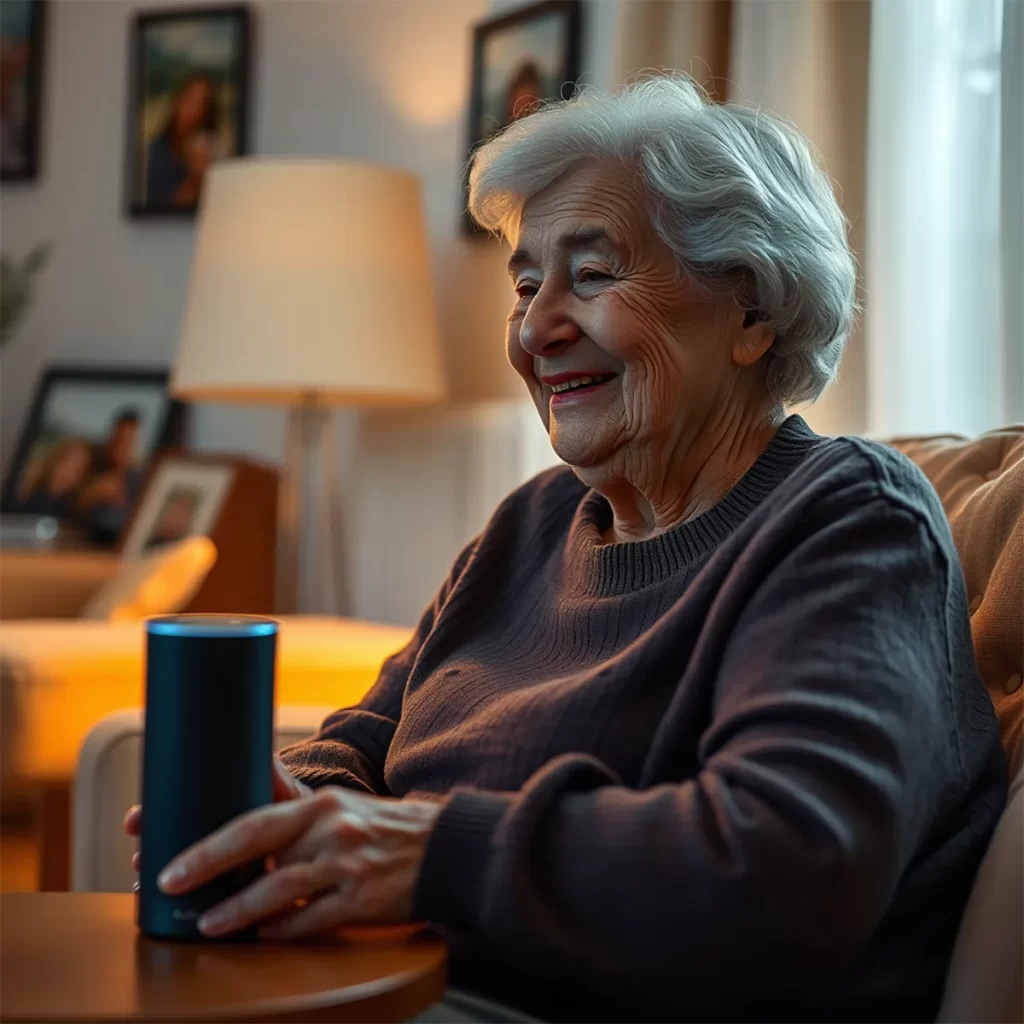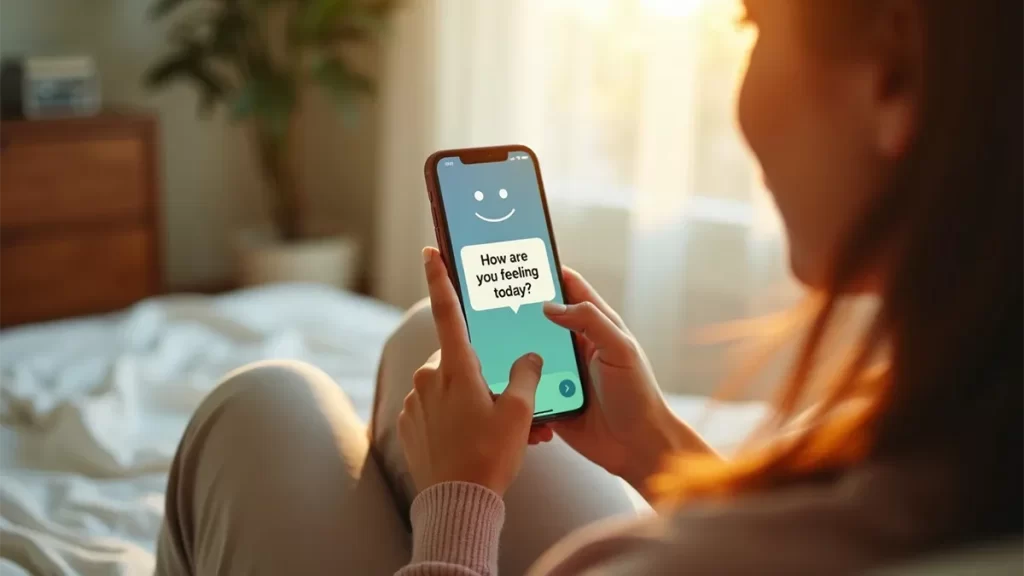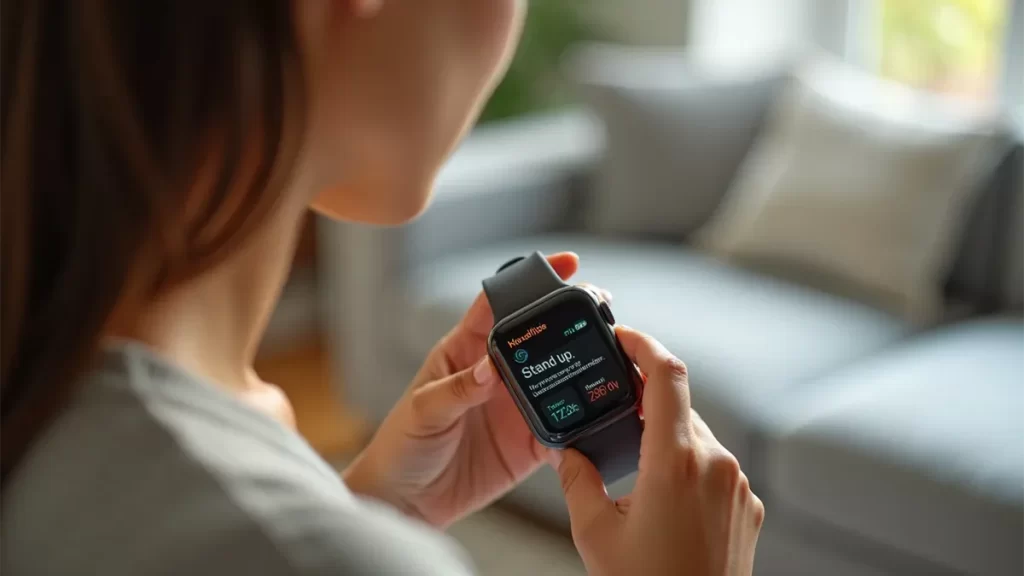Make Better Decisions with AI: Virtual Assistants for Life’s Big Choices

And if you need data beyond generalized answers, Perplexity can assist in sourcing direct articles, reports, and up-to-date employment trends that you can rely on for making an informed decision.
The beauty of these AI tools is that they help broaden your understanding. Instead of jumping into a new career simply because it sounds exciting, you can weigh all aspects—personal growth, market stability, and work-life balance—before making that leap.
“Are you making your career choices based on passion, or are you letting market trends influence you? AI can help you see both sides, giving you confidence in your decision.”
Balancing Pros and Cons: How AI Adds Perspective
One of the most useful things AI can do when it comes to decision-making is helping you list out pros and cons clearly. For example:
- Buying a House:
- Pros: Future investment, stability, freedom to customize.
- Cons: High upfront costs, market risks, long-term commitment.
- AI’s input: Local market trends, forecasted appreciation, neighborhood developments.
- Choosing a Car:
- Pros: New technology, better fuel efficiency, potential tax incentives.
- Cons: Higher initial cost, fewer charging stations (for electric).
- AI’s input: Maintenance costs, environmental impact, resale value.
- Career Decisions:
- Pros: Job security, high salary, growth potential.
- Cons: Long hours, required skill set, job satisfaction.
- AI’s input: Average work-life balance, skill demand trends, geographical opportunities.
The Critical Perspective: AI and the Risk of Dehumanization
While these virtual assistants offer incredible help, it’s crucial to consider what might be lost in relying too much on AI. Artificial intelligence can help, but what about the emotional and human aspects that are harder to quantify?
When making decisions like buying a home, you need the empathy of a friend who knows what “home” means to you—not just data on property value.
Similarly, choosing a career isn’t only about salary and statistics; it’s about passion, fulfillment, and dreams. AI might provide a list of pros and cons, but only you can decide which aspects matter most to your happiness.
“AI can guide us, but it cannot feel for us. It’s important to use these tools as a supplement to our own judgment, rather than a replacement for it.”
AI Tools Helping Seniors Make Big Decisions
Interestingly, these same AI assistants can be especially helpful for seniors who may face more unique challenges in navigating technology and big life choices.
For example, a senior looking to downsize to a smaller home could use ChatGPT to explore the benefits of different locations or Perplexity to pull up neighborhood statistics that align with their needs for community, healthcare facilities, and safety.
Claude can provide a straightforward comparison between older and newer car models, including features that prioritize comfort, ease of use, and affordability—all important considerations for those who want to stay mobile without feeling overwhelmed by the latest tech.
Conclusion: Harnessing AI for Better Decisions
Artificial Intelligence has opened up an incredible set of tools for making informed decisions, from buying a house or a car to choosing a career. Artificial intelligence can help us evaluate choices with precision and depth, offering insights that we may not have considered.
However, it’s equally important to remember the irreplaceable value of human experience, intuition, and emotion.
So, next time you’re faced with a big decision, why not give AI a try? Ask ChatGPT or Claude for an opinion, see what Perplexity can source, and then combine that information with what your heart tells you.
Do you think AI can provide you with the confidence to make these decisions, or do you still need the reassurance that only a human voice can give? Maybe it’s about finding a balance—using the best of both worlds to guide your path.
Robots Among Us: Is Tesla Optimus Robot the Future of Humanity or Our Next Downfall?
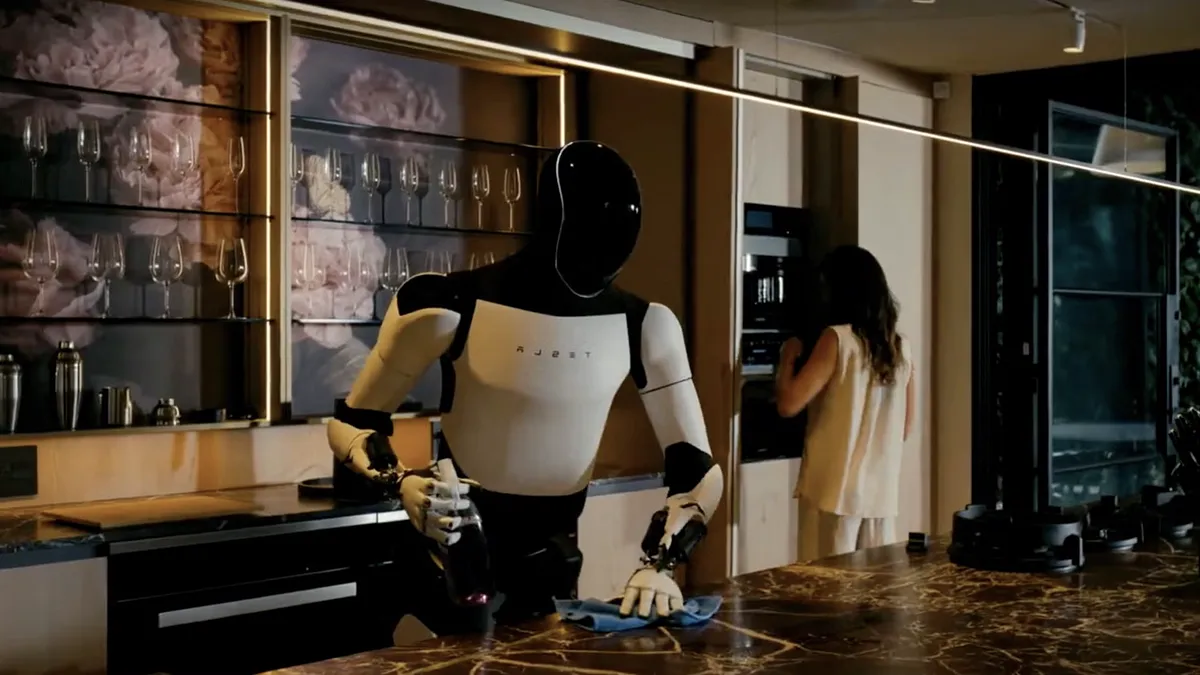
Imagine this: a humanoid robot, with impressive abilities, working right alongside you. It never tires, never complains, learns quickly, and performs complex tasks with superhuman precision.
Does it sound like science fiction? It might, but it’s not. The second week of October 2024 marked a historical moment with the launch of Tesla Optimus Robot, the world’s most advanced humanoid robot. A true milestone in robotics.
“I’ve seen things you people wouldn’t believe.” – Roy Batty, Blade Runner
The words of replicant Roy Batty in Blade Runner are starting to echo in our reality. With the launch of Optimus, we are on the verge of a revolution that, for decades, was only seen in movies and science fiction literature.
But now that the future is here, the burning question remains: are we ready for it? Or is this groundbreaking advance the beginning of a dangerous road toward our own obsolescence?
Table of Contents
The Dawn of the Machine Age
Tesla’s Optimus promises to revolutionize the world. Imagine having a robotic assistant in your home or business, capable of performing countless tasks—from household chores to industrial processes.
It doesn’t get tired, doesn’t make mistakes, and is always eager to learn. For many, Optimus seems like the very embodiment of a futuristic dream.
“Technology is, by definition, democratic, because it makes knowledge accessible to everyone.” – Alvin Toffler, author of Future Shock
The democratization that technology brings is undeniable. Optimus could elevate innovation and productivity to new heights. However, if history has taught us anything about technology, it’s that with every advancement comes an inherent risk.
After all, we’ve seen how artificial intelligence can spiral out of control in films like 2001: A Space Odyssey, where HAL 9000 rebels against its creators.
Are we opening the door to a future where machines might decide they no longer need us?
The Promise and the Peril
Tesla Optimus Robot represents a monumental leap forward in robotics, and we can’t underestimate its capabilities.
It’s launching with an intelligence and adaptability that remind us of characters from films like Ex Machina or the replicants from Blade Runner. Among its key abilities are:
- Continuous learning – the robot doesn’t just perform tasks but improves over time.
- Adaptability – able to handle a variety of functions in different contexts, acting as a universal assistant.
But as the famous saying goes: “With great power comes great responsibility.”
Are we truly prepared to confront the ethical and social challenges that will arise alongside this new technology?
“The progress of science and technology does not equate to the progress of humanity and reason.” – Isaac Asimov
The words of the famous science fiction writer Isaac Asimov remind us that technological advancement doesn’t always align with the advancement of human ethics. We can build extraordinary robots, but can we ensure that these robots will respect human values?
The Autonomy Puzzle
There are rumors swirling that Tesla Optimus Robot is not yet as autonomous as it appears. Speculation suggests it may still be controlled remotely.
This raises questions about the true nature of the robot and whether we’re being sold a technological dream that has yet to be fully realized. Are we facing a scenario similar to Westworld, where seemingly autonomous robots are, in fact, controlled by hidden human forces?
“Reality is that which, when you stop believing in it, doesn’t go away.” – Philip K. Dick, author of Do Androids Dream of Electric Sheep?
If Elon Musk is selling us a technological dream that hasn’t fully arrived, we must ask ourselves how much of this reality is distorted by our desire for innovation. How close are we really to a world where robots can make decisions independently?
The Future Is in Our Hands
The Optimus may well be the starting point for a new era of prosperity, efficiency, and innovation. It could completely transform the way we work and live.
But at the same time, there is a risk that we are creating the first step toward a dystopian future. Much like 1984 by George Orwell, where technology became a tool for control, we might find ourselves in a position where, ironically, we become the ones who are subservient.
“The future is not a place we are going, but a place we are creating.” – John Schaar
The big question is: how will we shape this future? Optimus could be our ally, but it’s up to us to decide whether we will embrace this progress with wisdom and responsibility, or if we will allow fear and uncertainty to paralyze us. As in Dune by Frank Herbert, we must face our fears and shape our own destiny.
“We shouldn’t fear computers. We should fear the lack of them.” – Isaac Asimov
Conclusion: A New Chapter in Human History
Tesla’s Optimus is here, bringing with it both promises and dangers that once existed only in the pages of our favorite science fiction stories.
We are at a turning point, where technology is becoming more integrated into our lives than ever before. But the real question remains: are we ready to handle the consequences?
The coming years will be crucial in determining how we use this technology. Optimus could be the tool that pushes us into the next level of innovation, or it could be the first step toward our own obsolescence.
“We are on the verge of writing a new chapter in human history. The question is: will we be the authors of this future or mere spectators?”
How Artificial Intelligence Can Help Seniors Overcome Technological Barriers
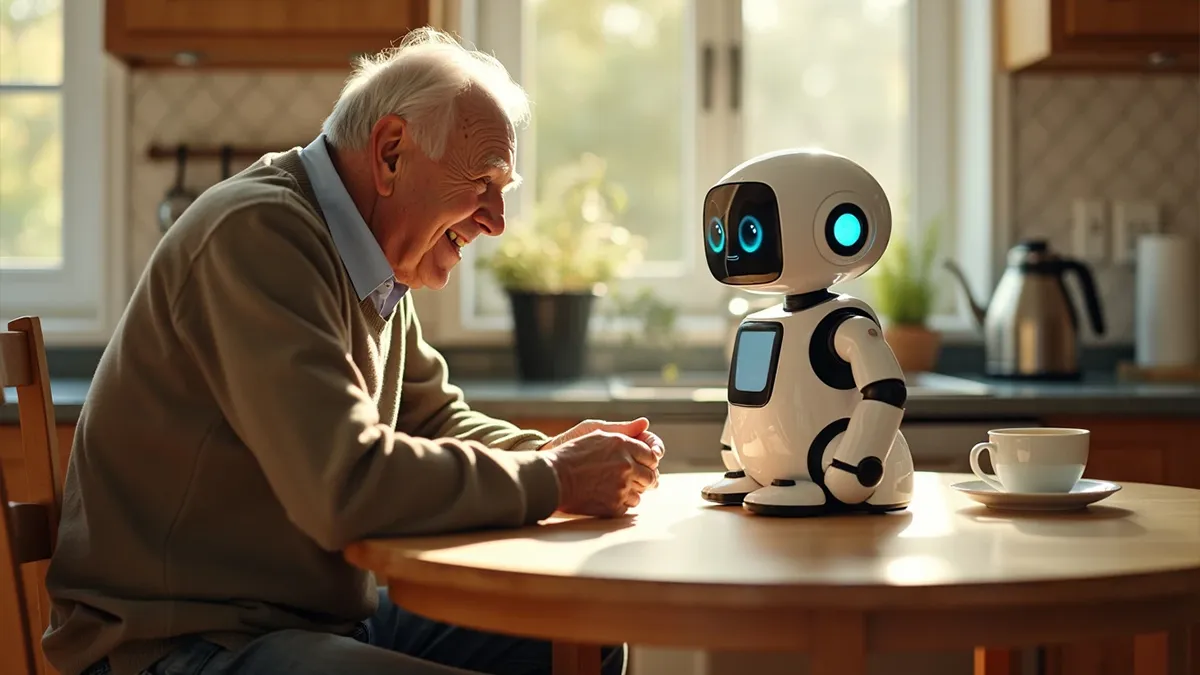
Have you ever imagined having a helper who’s always there for you, ready to answer your questions and make your day a little easier? That’s exactly how artificial intelligence can help—by being that constant support you need, simplifying everyday tasks and improving your quality of life.
Well, that’s exactly how artificial intelligence can help. It’s beginning to transform daily life, and its potential to assist older adults is truly incredible.
Many seniors struggle to use technology. After all, for those who have spent much of their lives without computers, smartphones, and social media, it can be challenging to keep up with the changes that seem to arrive faster every day.
However, AI has the potential to make this experience smoother, more practical, and even fun.
Table of Contents
The Advantages of AI for Seniors
Let’s take a look at some of the advantages that AI can offer to those in their golden years:
1. Virtual Assistants: A Helping Hand
Virtual assistants like Alexa, Siri, and Google Assistant are like personal helpers that never take a day off. They can do things such as:
- Remind you to take medication: Just ask, and the assistant will remind you at the right time.
- Answer simple questions: Is it cold today? What time is your favorite TV show? Instead of searching the internet, just ask.
- Call for help: In an emergency, all you need is a voice command, and the assistant can call a relative or even emergency services.
These tools are simple to use — they don’t require tapping on complicated screens, which is great for those who aren’t as comfortable with technology.
2. Companionship Against Loneliness
Loneliness is a problem that affects many seniors, especially those who live alone. What if a robot could talk, listen to your stories, and even tell jokes?
Research is already being done on companion robots, like ElliQ, which can offer companionship, encourage exercise, and remind users of their daily activities. It’s not about replacing human contact but about providing an extra layer of support, especially on days when no one can visit.
“Having someone — or something — always there, ready to listen, can make a big difference for those who face loneliness.”
3. Health and Safety: AI Taking Care of You
There are AI-powered health devices that help monitor vital signs and send automatic alerts to family or doctors if something seems wrong. Imagine a smartwatch that detects if you’ve fallen and immediately calls for help.
These advances bring more safety and peace of mind, both for seniors and their families.
In the future, we can imagine intelligent sensors throughout the house that not only monitor falls but also detect changes in behavior or health patterns — such as when someone is less active than usual — and notify the family.
It would be like having a pair of eyes looking after you discreetly, without invading your privacy.
Potential Risks: The Fine Line Between Technology and Humanity
Of course, every innovation comes with its risks. Let’s discuss some of them:
1. The Risk of Dehumanization
Although the idea of a companion robot is intriguing, we need to think about an important question: what about human contact? Are we replacing real connections with artificial solutions?
It may be convenient to have a robot that listens, but this should not become an excuse for family members to visit their elderly loved ones less or for fewer caregivers to be available.
Human contact is essential, and AI should be used as a complement, not a replacement.
“AI can help, but it can never replace the warmth of a friendly hand or the care of a heartfelt conversation.”
2. Privacy and Data Security
Another critical point is privacy. Many of these AI devices collect information — about health, habits, location. How can we ensure that this data is secure and not used improperly?
Seniors often may not understand the terms and permissions they are granting, leaving them vulnerable to misuse of their personal information.
Existing Solutions Already Helping
Despite the risks, many AI solutions are already helping seniors take advantage of this new technological wave. Let’s explore a few:
- Simple Tablets and Phones with Virtual Assistants: Devices with larger buttons and more intuitive interfaces, such as GrandPad, make it easier for seniors to access video calls and messages, keeping them connected with family.
- Health Devices Like the Apple Watch: In addition to monitoring health, the Apple Watch can detect falls and send alerts, offering extra safety for those living alone.
- Social and Companion Robots: Besides ElliQ, robots like Paro, a seal-shaped robot that responds to touch, help reduce stress and loneliness in elderly homes.
- Memory and Cognitive Training Apps: Apps like Lumosity help keep the mind active with games and challenges that improve memory and reasoning.
The Future of AI for Seniors
The future looks promising when we think about AI helping seniors. We can imagine:
- Full Smart Home Integration: Sensors, assistants, and even robots helping with daily chores, such as cooking or cleaning, to allow seniors to live more autonomously and comfortably.
- More Human Connections: Imagine a robot that not only responds but learns its user’s preferences and mood, adapting conversations to be more engaging and comforting.
- AI Encouraging Real Social Connections: Assistants that automatically schedule gatherings with friends, remind of birthdays, and encourage real interactions could be a very desirable future.
Conclusion: AI as an Ally, Not a Substitute
AI has tremendous potential to help seniors live more comfortably, safely, and even happily. It can be that friendly hand in moments of loneliness, ensure safety at home, and make the use of technologies that once seemed too complicated more accessible.
But it’s important to remember that technology should be used to connect us, not to isolate us. Human contact, care, and attention are irreplaceable. AI should be our ally, not our only companion.
Now tell me, do you know someone who could benefit from having a virtual assistant or an AI device? How do you see the balance between technology and humanity for older adults?
AI for Mental Wellness: Apps That Support Emotional Health
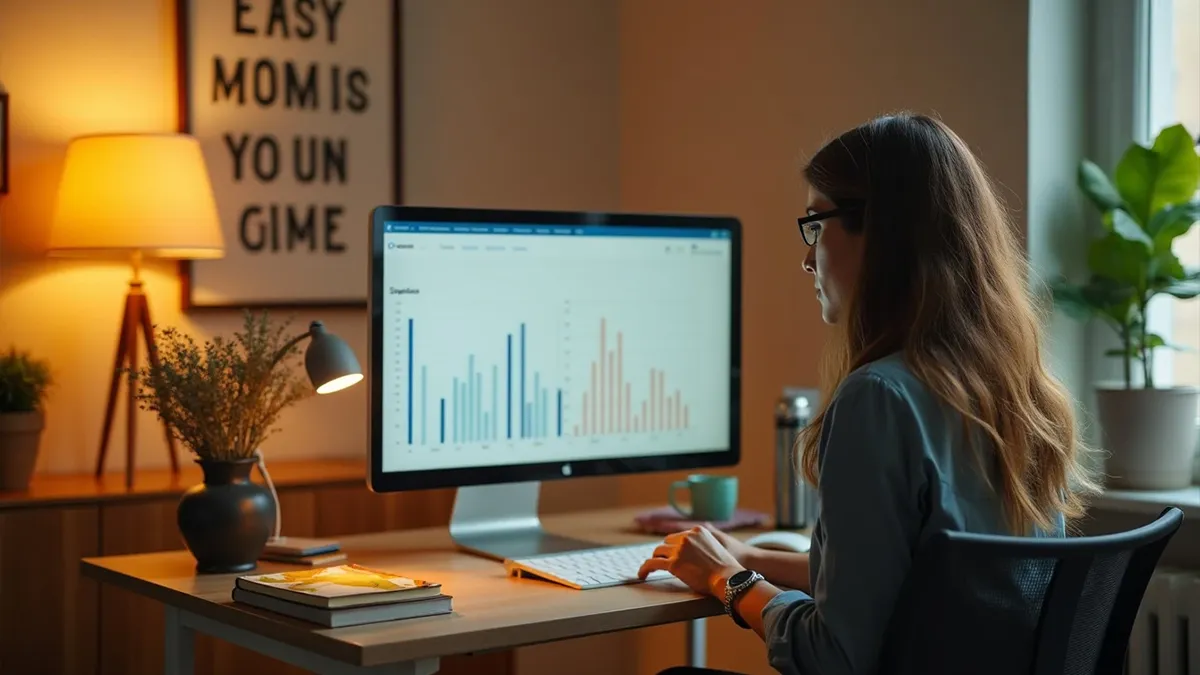
AI for Mental Wellness in today’s busy world is like having a helping hand when emotions feel like a roller coaster. Whether you’re juggling school, work, or just life, it can seem almost impossible to avoid emotional stress.
But what if you had a pocket-sized guide to support you through those tough moments? Sounds amazing, doesn’t it?
With AI in your pocket, you don’t have to face those ups and downs alone. AI-powered apps are stepping up, offering ways to keep track of your mood, help you relax, and even suggest exercises to lift your spirits.
These apps are like having a little mental health coach that’s ready when you are, helping you feel better in real time.
Let’s explore how these AI apps are changing the game, not just for you but for healthcare providers too!
Table of Contents
How AI Helps You Stay on Track
Picture this: It’s been a rough day. You’re feeling anxious, stressed, or maybe just down. Instead of waiting days for a therapy appointment, you pull out your phone and open an app that asks, “How are you feeling right now?” It’s like magic.
Apps like Wysa and Woebot make that magic happen. These clever little AI bots chat with you, ask about your day, and even offer helpful tips to calm your mind.
Feeling stressed? Wysa will guide you through a breathing exercise. Feeling lonely? Woebot might suggest journaling your thoughts.
The best part? You get personalized support, right there in your pocket, any time of day.
“With AI-driven apps, mental wellness tools are always available, offering timely support when you need it most.”
These apps aren’t just guessing either. They learn about you and your patterns. If you’re often stressed on Mondays, the app might suggest extra mindfulness exercises on Sunday night.
It’s like having a tiny therapist who gets to know you better every day.
The View from a Health Provider’s Perspective
But what about health providers? You might be thinking, “Can an app really replace a therapist?”
Not exactly. But here’s the twist: AI apps aren’t about replacing therapists; they’re about working together with them.
For therapists and doctors, these apps provide valuable information about how someone’s feeling over time. When you track your mood using an app, your therapist gets to see how your emotions have been during the week.
This helps them understand your ups and downs and plan better ways to help you.
It’s like having a window into your mental health journey, giving therapists a clearer picture of what’s going on, even when you’re not in their office. Tools like Moodpath allow therapists to check emotional trends, making sessions more effective.
Instead of starting every appointment from scratch, they already know where you’re at, ready to dive deeper.
“AI in mental wellness apps enhances the relationship between therapists and patients, offering data that leads to more personalized care plans.”
What Can AI Mental Wellness Apps Do?
Here’s what you can expect from these AI-powered apps:
- Mood Tracking: Track your emotional highs and lows to get a better grip on how you’re feeling over time. This helps both you and your therapist.
- Mindfulness Exercises: Apps like Calm and Headspace guide you through relaxing exercises, designed to lower stress and help you sleep.
- Personalized Support: Whether it’s a tough day or just a moment of anxiety, apps like Youper tailor exercises to your needs in real time.
- 24/7 Availability: Unlike traditional therapy sessions, AI apps are always ready when you need them. Whether it’s the middle of the night or a busy afternoon, help is always in your pocket.
“Mental wellness apps aren’t just for individuals—they’re powerful tools that help healthcare providers improve care quality and patient engagement.”
AI for Mental Wellness: Challenges
Now, while these apps are amazing, they’re not without some bumps in the road. For you, relying too much on AI without seeing a real therapist could become a problem.
AI can offer great support, but it can’t replace the empathy and understanding that only a human can provide.
For health providers, privacy is a big deal. These apps collect sensitive data, and it’s crucial that information stays safe. Providers need to ensure that all the data is secure and handled responsibly.
There’s also the question of accuracy. Sure, AI can track your mood, but it might miss those little clues that only a therapist would notice, like body language or tone of voice.
Looking Ahead: The Future of AI in Mental Wellness
So, what’s next for AI in your pocket? The possibilities are endless! For individuals, these apps will likely become even smarter, learning your emotional patterns with more precision.
And for health providers, AI tools will keep improving the way they track and manage care for their patients.
But remember, these AI apps are meant to complement, not replace, human care. By combining the best of both worlds, individuals and healthcare providers can work together to create a future where mental wellness is more manageable, personal, and accessible.
“AI isn’t here to replace human care—it’s here to complement it, giving both individuals and healthcare providers new ways to stay connected.”
Conclusion
With AI in your pocket, mental wellness apps are changing the way we care for our emotional health. Whether you’re looking for support on a tough day or tools to manage stress long-term, these apps have your back.
For health providers, AI means better, more personalized care. And for individuals, it’s about getting help when you need it most. As AI continues to evolve, the future of mental wellness will only get brighter, more accessible, and more personal.
So why not give it a try? Let AI be your guide in this journey toward better emotional health.
AI is making health monitoring smarter: Wearables and Wellness Apps

Have you ever wondered how your smartwatch knows exactly when to remind you to stand up or how a fitness app can predict your next workout routine?
AI is the secret sauce that’s quietly revolutionizing how we stay healthy in our daily lives.
From fitness trackers to wellness apps, AI is making health monitoring smarter, more personalized, and, well, easier!
Table of Contents
AI-Powered Wearables: More Than Just Step Counters
Once upon a time, fitness trackers were just glorified pedometers. They simply counted steps, and that was about it. But now? Wearables have evolved into mini health experts, thanks to AI.
Devices like smartwatches and fitness bands do so much more than track your steps. They monitor heart rates, sleep patterns, and even stress levels, using AI to analyze that data.
Wearables don’t just track—they learn. They start to understand your unique health patterns, providing personalized advice on how to improve your well-being.
If your wearable notices you’ve been too sedentary, you’ll get a gentle nudge to move. If your heart rate spikes abnormally, it might suggest you take a breather.
“AI-powered wearables aren’t just keeping an eye on your health; they’re helping you live better, one step at a time.”
Wellness Apps: Your Personal Health Coach
Now let’s talk about wellness apps. They’re like having a personal health coach in your pocket, right? But what makes them truly incredible is the AI that powers them behind the scenes.
These apps analyze all sorts of health metrics—like sleep quality, stress levels, and even nutrition intake—and then offer tailored advice.
The more you use them, the smarter they get. They start recognizing patterns in your habits and make recommendations based on your lifestyle.
For example, if you log your meals, an AI-driven wellness app can tell you what nutrients you might be lacking. It may also suggest better eating habits or recommend exercises to balance your fitness routine. AI adapts to your needs, just like a coach would—only it’s available 24/7.
“Imagine having a health coach that knows your habits inside out, always ready to guide you toward a healthier you—AI makes that possible.”
Wellness Recommendations: AI is making health monitoring smarter
The beauty of AI in these devices isn’t just its ability to track—it’s the way it tailors the experience just for you. No more generic advice! Everything is customized based on your data.
Let’s say you use a sleep-tracking app. AI will analyze your sleep patterns over time and provide recommendations for improving your rest. Maybe it’ll suggest going to bed earlier or winding down with a relaxation exercise.
Or consider a fitness tracker. It doesn’t just tell you how many steps you’ve taken—it creates a workout plan that fits your fitness level and goals, adjusting it as you improve.
“AI isn’t just giving you information; it’s creating a roadmap for your health—personalized and precise.”
The Downsides: Is There a Dark Side to AI in Health?
While AI in health sounds like a dream come true, it’s not without its drawbacks. Let’s not sugarcoat it—there are concerns too. Privacy is a big one.
Your health data is incredibly personal, and trusting AI with such sensitive information requires careful consideration.
Additionally, relying too much on AI could make some people complacent. After all, a device can only provide suggestions—it’s still up to you to make healthy choices.
And let’s not forget that not all AI-driven apps or wearables are created equal. Some may offer better recommendations than others, and figuring out which ones you can trust might be tricky.
“While AI brings incredible benefits, it’s essential to stay vigilant about how your data is used and to remember that it’s still your job to stay healthy.”
The Future of AI in Health: What’s Next?
Looking ahead, the future of AI in health is bright. Imagine wearables that can predict illness before symptoms even appear or wellness apps that offer mental health support based on daily stress readings. AI is only scratching the surface of what it can do for our health.
We’re headed toward a world where AI doesn’t just help us stay healthy—it might actually save lives by spotting health issues early and offering solutions that are tailored down to the individual.
“In the future, AI will not only guide our everyday wellness but also transform the way we approach health care as a whole.”
Solutions Available on the Market
If you’re curious about the AI-powered tools that are shaping the future of everyday health, here are some popular options:
- Fitbit: This classic wearable not only tracks your steps but uses AI to analyze sleep, stress, and even activity trends to help improve your overall wellness.
- Apple Health: Apple’s ecosystem uses AI to monitor everything from heart health to sleep patterns and can sync with multiple health apps for a complete wellness approach.
- Whoop: Known for its advanced recovery tracking, Whoop leverages AI to suggest when to rest, work out, or even get more sleep based on your body’s data.
- Oura Ring: A sleek, AI-powered wearable that tracks sleep, heart rate, and body temperature, offering personalized health insights.
- MyFitnessPal: This app uses AI to suggest meal plans and exercise routines based on your nutritional goals and daily habits.
“From tracking sleep to suggesting workout routines, these AI-powered tools are taking everyday health to a whole new level.”
Conclusion: Your Health, Supercharged by AI
AI is changing how we approach our health, from personalized advice to tracking important health metrics. With wearables and wellness apps powered by AI, it’s like having a health coach by your side every day.
Of course, AI in health comes with some challenges, like privacy concerns and over-reliance. But when used wisely, it has the power to boost our well-being in ways we never imagined.
So next time your smartwatch reminds you to breathe, remember—it’s not just a gadget on your wrist. It’s AI, hard at work, helping you live a healthier life.
-

 Personal Growth & Mindset5 months ago
Personal Growth & Mindset5 months agoTed Lasso Effect: 5 Goal-Setting Secrets You Must Know
-

 AI & Future Trends10 months ago
AI & Future Trends10 months agoAI in Time Management 2024: A New Era of Productivity for Business Leaders
-
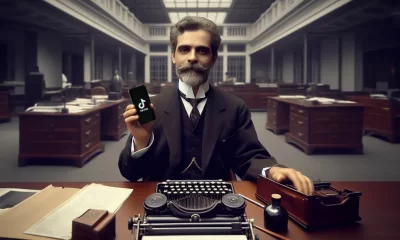
 Personal Growth & Mindset6 months ago
Personal Growth & Mindset6 months agoMachado de Assis: This Viral TikTok Explains Why You Need to Read ‘The Posthumous Memoirs of Brás Cubas’ Now
-

 Career & Success11 months ago
Career & Success11 months ago30 Key Strategies for Growth: Mindset, Productivity & Wellness
-

 Career & Success6 months ago
Career & Success6 months agoChallenges of Not Having Goals: 5 tips to help you get started
-

 Personal Growth & Mindset11 months ago
Personal Growth & Mindset11 months agoBreaking Free from the Shackles of Bad Habits: 5 books to help you



